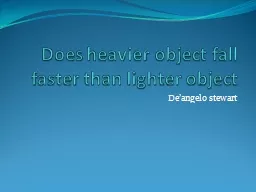PDF-Fall 2001THE SOCIAL C
Author : myesha-ticknor | Published Date : 2016-03-05
48 Garrett Hardin PhD wasProfessor of Biology at theUniversity of CaliforniaSanta Barbara when thisessay was published bySoundings 59 120137 Spring1976 at which
Presentation Embed Code
Download Presentation
Download Presentation The PPT/PDF document "Fall 2001THE SOCIAL C" is the property of its rightful owner. Permission is granted to download and print the materials on this website for personal, non-commercial use only, and to display it on your personal computer provided you do not modify the materials and that you retain all copyright notices contained in the materials. By downloading content from our website, you accept the terms of this agreement.
Fall 2001THE SOCIAL C: Transcript
Download Rules Of Document
"Fall 2001THE SOCIAL C"The content belongs to its owner. You may download and print it for personal use, without modification, and keep all copyright notices. By downloading, you agree to these terms.
Related Documents














